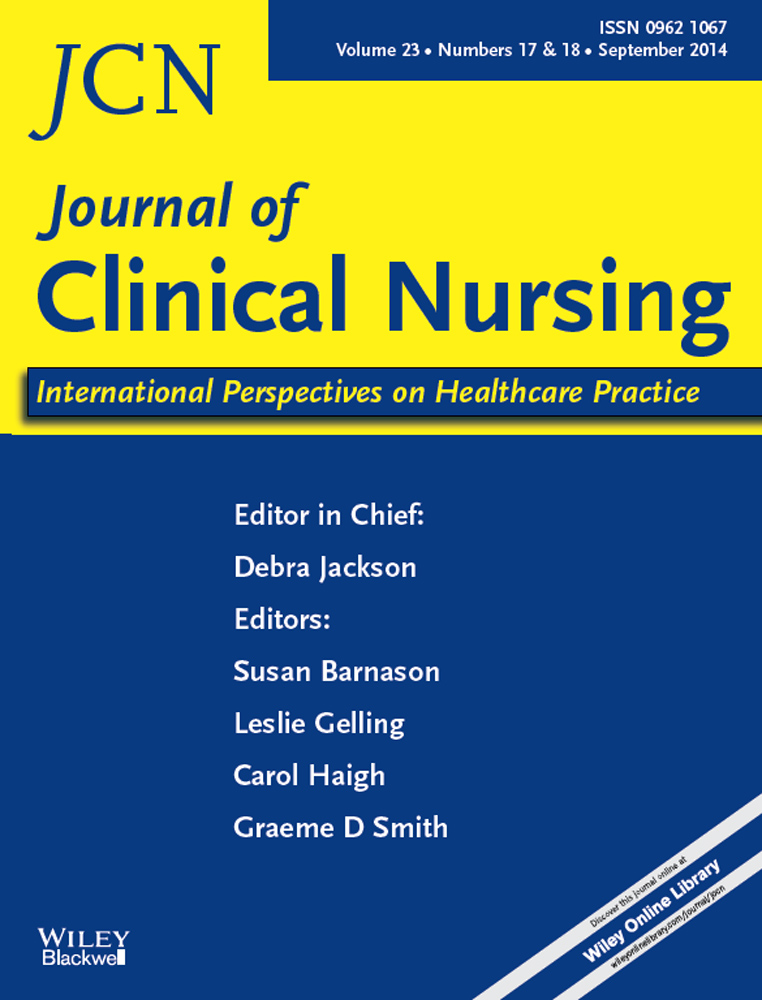Breastfeeding and the prevention of breast cancer: a retrospective review of clinical histories
Abstract
Aims and objectives
To evaluate at what age parous and nonparous women were diagnosed with breast cancer. Factors taken into account for parous women were whether they had breastfed their children, and if so, the length of the lactation period. Other factors considered for both groups were obesity, family histories of cancer, smoking habits and alcohol consumption.
Background
Breast cancer is the most common form of cancer in younger women in Western countries. Its growing incidence as well as the increasingly early age of diagnosis led us to carefully analyse its possible causes and the preventive measures to be taken. This is a particularly important goal in epidemiological research.
Design
A retrospective study of the clinical histories of patients diagnosed with breast cancer at the San Cecilio University Hospital in Granada (Spain).
Methods
In this study, we analysed 504 medical records of female patients, 19–91 years of age, who had been diagnosed and treated for breast cancer from 2004–2009 at the San Cecilio University Hospital in Granada (Spain). Relevant data (age of diagnosis, period of lactation, family history of cancer, obesity, alcohol consumption and smoking habits) were collected from the clinical histories of each patient and analysed. A conditional inference tree was used to relate the age of diagnosis to smoking habits and the length of the lactation period.
Results
The conditional inference tree identified significant differences between the age of the patients at breast cancer diagnosis, smoking habits (p < 0·001) and lactation period if the subjects had breastfed their children for more than six months (p = 0·006), regardless of whether they had a family history of cancer.
Conclusions
Our study concluded that breastfeeding for over six months not only provides children with numerous health benefits, but also protects mothers from breast cancer when the mothers are nonsmokers.
Relevance to clinical practice
Nurses play a crucial role in encouraging new mothers to breastfeed their children, and this helps to prevent breast cancer.




